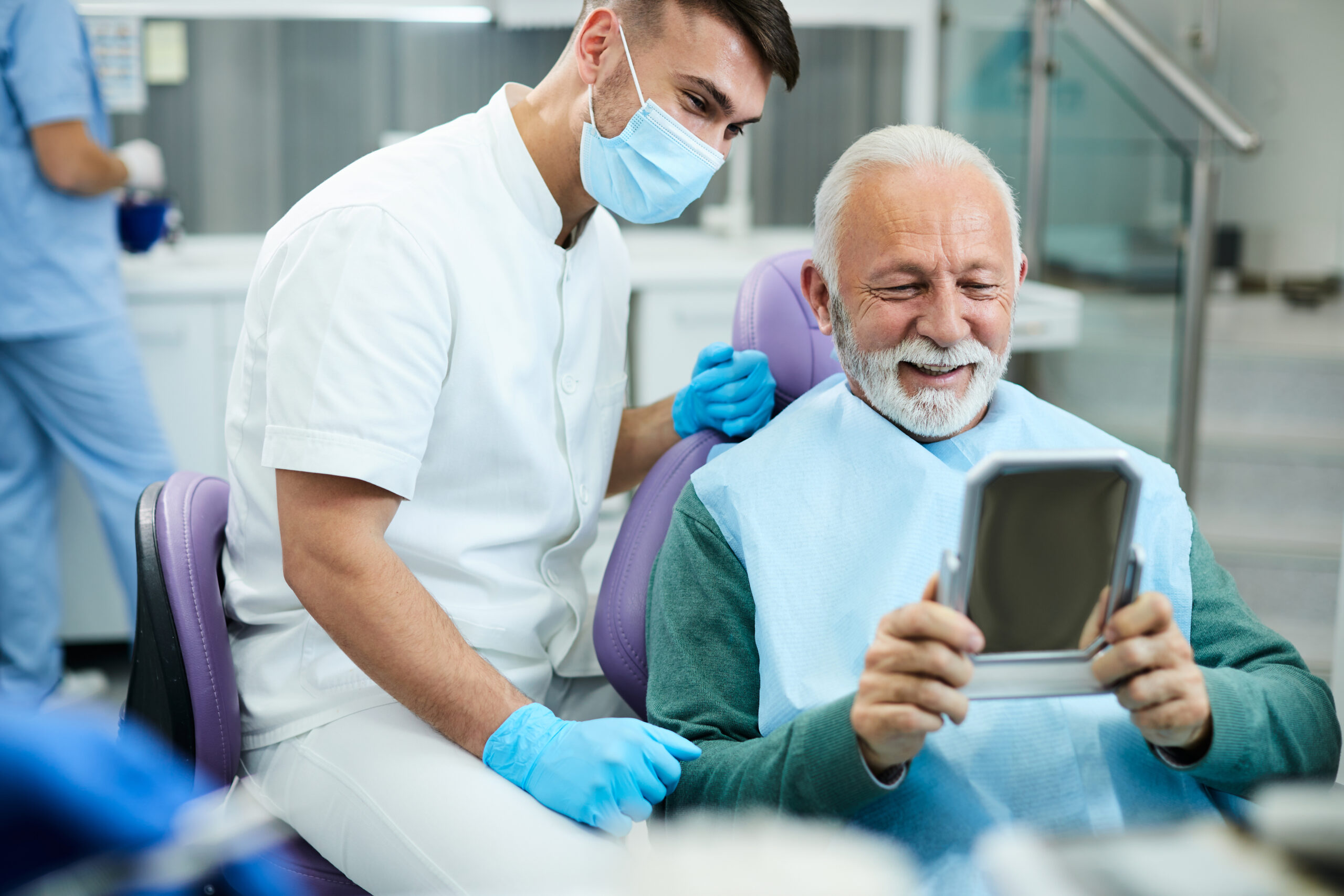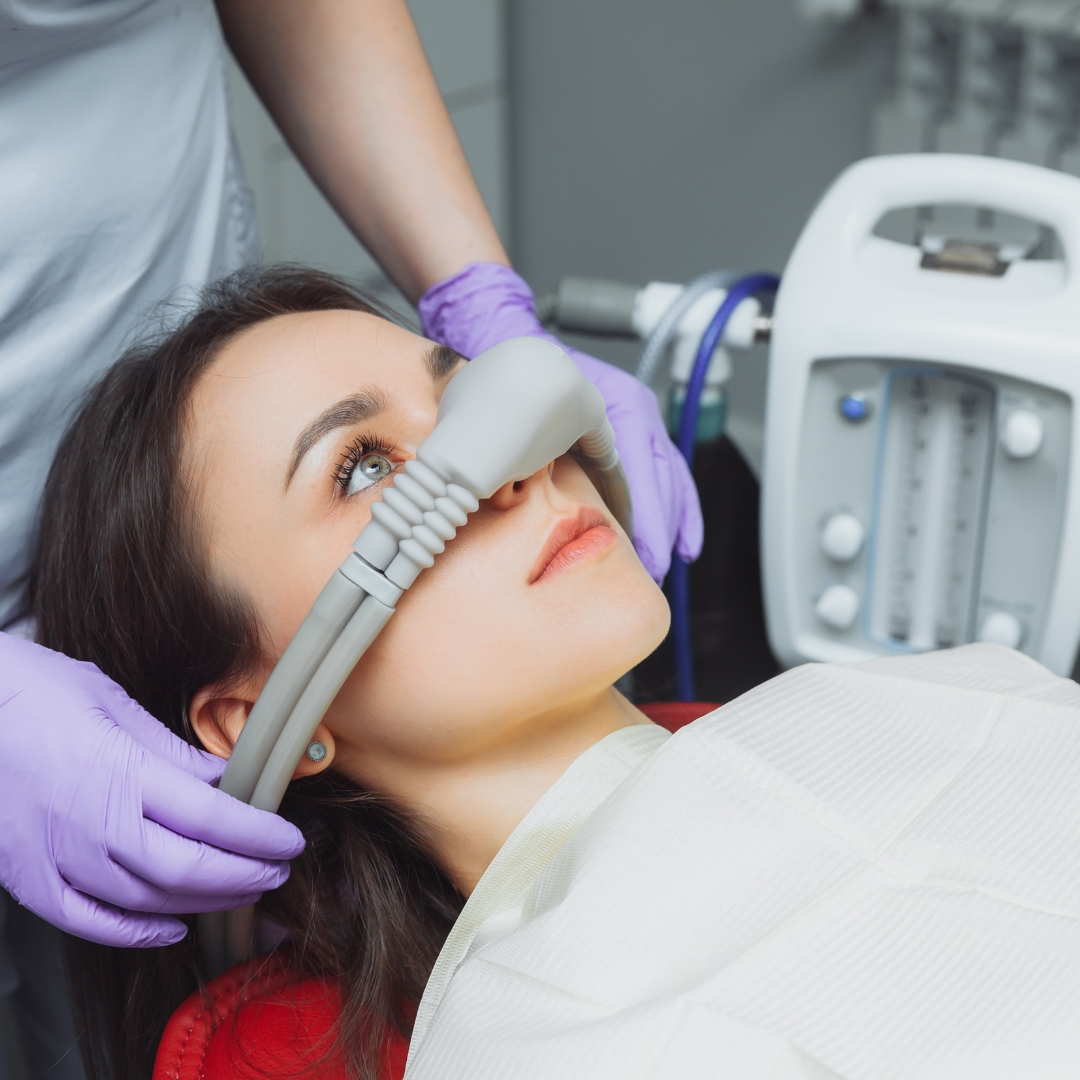Nobody wants to lose their teeth under any circumstances. However, certain conditions may arise that’ll require your dentist to perform an extraction to save the rest of your teeth. Although tooth extraction aftercare is a part of the treatment plan, some are still hesitant to undergo tooth removal. Conversely, why does a patient need to undergo this procedure?
Reasons for tooth extraction
Crowded teeth
There are times when one’s teeth are just too many for his mouth. At times like these, the dentist needs to prepare the patient’s mouth for orthodontia. It is a procedure done to treat the irregularities in the teeth and jaws. Likewise, if the tooth can’t break through the gums due to lack of space, a tooth extraction in London, Ontario is necessary.
Irreparable damage caused by tooth decay
Once the tooth decay reaches the pulp, the bacteria will soon invade it and cause an infection. When this happens, the patient may undergo a root canal treatment to treat it. However, there are times when the infection is too severe that it leaves the dentist with no choice but to perform a surgical tooth extraction.
Risk of infection
A patient who’s receiving chemotherapy or had an organ transplant has a very weak immune system. Once it’s compromised, the dentist need to remove a decaying tooth. Extra precautions should be done to avoid the risk of a tooth extraction infection.
Infection of the bones and tissues in the oral cavity may also drive the need to pull the tooth as well. Gum disease, or otherwise known as periodontal disease, are infections that target the gum and bone area around the teeth. It usually includes the periodontal ligament, gums, as well as the alveolar bone.

What should your dentist know before he performs a tooth extraction?
Although tooth extraction aftercare is available, there is still a chance that harmful bacteria may contaminate the bloodstream. Even the gum tissues are also at risk of developing an infection. So if you have any medical condition that puts you at risk of developing a disease, it’s best to take antibiotics before and after the procedure. Let your dentist know your entire medical history as well as the supplements and medication that you’re taking.
Basic tooth extraction aftercare tips
Soon after the extraction, your dentist will send you home so you can recuperate. The recovery period usually takes a few days until you’re completely back to normal. If you feel any discomfort following the procedure, take the painkillers as prescribed by your dentist.
You may also rinse your mouth with a mixture of 1/2 teaspoon salt and 8 ounces of warm water. Doing this will mildly cleanse the area and prevent a tooth extraction infection. Also, applying an ice bag to the treated area immediately after the procedure will help alleviate the swelling. It’s best to keep it for at least 10 minutes at a time to see better results. You should also spend the next day or two resting as part of your tooth extraction aftercare.
The treated area will be tender and swollen for the next couple of days. That’s why it’s advisable for you to eat soft food while your body starts to heal. You may slowly transition to solid foods a few days after the treatment. It’s also advisable not to drink from straw to prevent any damage or tooth extraction infection on the extraction site.
The primary healing period usually lasts for at least one to two weeks. However, there is a chance that the missing tooth may cause your teeth to shift, affecting your bite as well as your ability to chew properly. It’s best to speak with your dentist for alternative options to replace your missing tooth.


